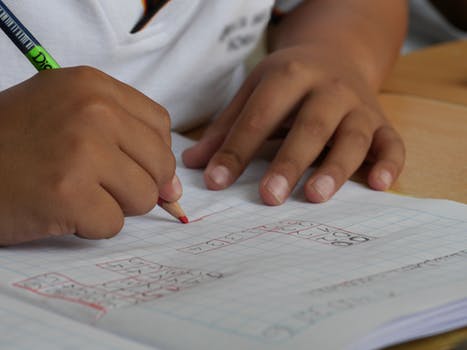Helps students from a minority ethnic/racial background develop a sense of identity as individuals, as well as to identify proudly with their particular culture group. Schools with a culturally responsive curriculum strive to develop a balanced understanding of history, because this perspective reflects both the positive and negative experiences of all of America’s ancestors. A culturally responsive curriculum also encourages teachers’ understanding of each student’s non-school cultural life. It provides a way for teachers to incorporate this information into the curriculum, promoting inclusion.
